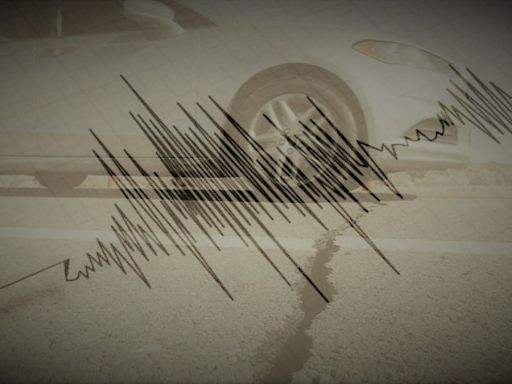Search results
Jan 30, 2023 · The answer, geoscientists say, is yes. However, the chances of a much larger quake are low. While a quake larger in magnitude than 9.5 could occur, it would require an enormous chunk of crust...
People also ask
What is the largest earthquake in history?
Can earthquakes of magnitude 10 or larger happen?
What caused the largest earthquake in the world?
What is a magnitude 10 earthquake?
No, earthquakes of magnitude 10 or larger cannot happen. The magnitude of an earthquake is related to the length of the fault on which it occurs. That is, the longer the fault, the larger the earthquake.
May 11, 2014 · Magnitude 10 earthquakes are indeed possible, but very very unlikely. You see the frequency of an Earthquake is given by the Gutenberg-Richter law: $$N = 10^{a-bM}$$ where $N$ is the number of earthquakes $\ge M (magnitude)$ and $a,b$ are constants.
Jun 14, 2024 · For the first time, NSF-funded researchers revealed a detailed look at the potential for a major earthquake off the coasts of southern British Columbia, Washington, Oregon and northern California.
The largest possible earthquakes are estimated at magnitudes of 10 to 11, most likely caused by a combined rupture of the Japan Trench and Kuril–Kamchatka Trench, or individually the Aleutian Trench or Peru–Chile Trench.
May 18, 2008 · No fault long enough to generate a magnitude 10 earthquake is known to exist. Now for the history lesson - the largest earthquake ever recorded was a magnitude 9.5 on May 22, 1960 in Chile on a fault that is almost 1,000 miles long.
Sep 26, 2022 · Archaeologists have found evidence of the largest known earthquake in human history — a terrifying magnitude-9.5 megaquake that caused a 5,000-mile-long (8,000 kilometers) tsunami and...

